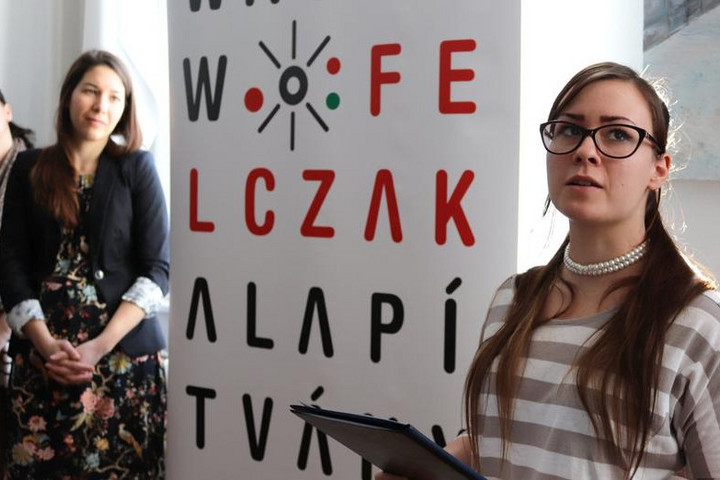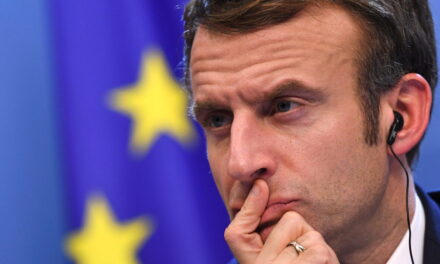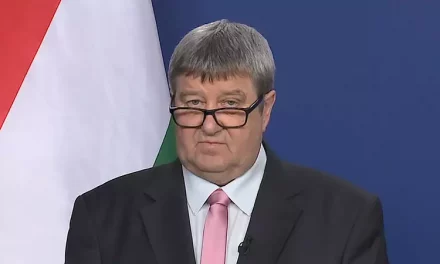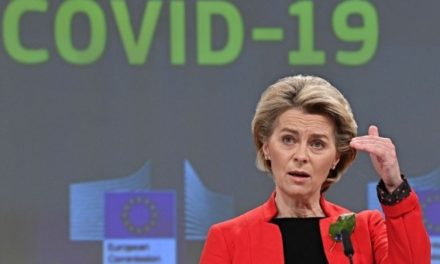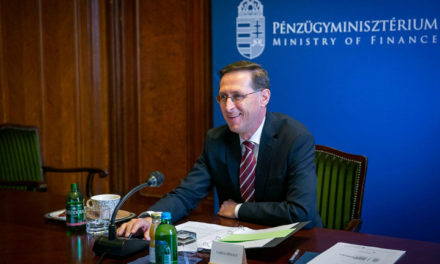The war in Ukraine does not overwrite the Polish-Hungarian friendship, it lives on, the two nations cooperate on strategic issues - emphasized Marek Kuchcinski, chairman of the Foreign Affairs Committee of the Polish Sejm, former Speaker of the House, on Thursday at the Polish-Hungarian summer university held in Krasiczyn, Poland.
At the podium discussion on Central European cooperation held on the fourth day of the five-day event series, Kuchcinski, in response to a question about the current relationship between the two countries, listed the topics that he considers to be of strategic importance for the future of Hungary and Poland.
He mentioned the similar position regarding the future of the European Union, the common stance in favor of the sovereignty of the member states.
"Our attitude is similar to migration from the south, which in 2015 and 2016 was primarily a test of strength for Hungarians"
- he said, and touched on a similar attitude towards the "crisis" of the EU institutions.
He saw it as follows: the difference in positions taken in relation to the war in Ukraine "does not harm the strategic cooperation between Poland and Hungary, which has existed for centuries".
He called Central European information policy a challenge. "One prime minister says something, and then a word or phrase taken out of context appears in the press, and this causes great excitement in the other country, whose prime minister is forced to react," he explained, then added: finally, after analyzing the entire original statement, it turns out that the reaction was unnecessary.
"It is not true that there are great differences between us, it only appears that way in the media, in certain circles that are not favorable to our governments
- summed up Kuchcinski. "But in general, our friendship lives on because the two nations cooperate," he added, citing the opinion of the historian, writer, poet and diplomat István Kovács, who spoke earlier at the event in Krasiczyn.
He also recalled: the representatives of the conservative parties of the two countries already clarified before the Polish Law and Justice party came to power in 2015 that their relationship with Russia and the minority policy in Ukraine was different. Nevertheless, both Poland and Hungary "want there to be peace in Ukraine" and they provide humanitarian aid in proportion to the population in Ukraine, he emphasized.
In another panel on Thursday, Ryszard Madziar, political cabinet chief of Polish Deputy Prime Minister Jacek Sasin, highlighted that the Central European region is being attacked by power from both the East and the West. "Russia tried to conquer our region during the tsarist and then Stalinist periods as well (...), Putin's Russia also wants to gain influence in Europe," he explained. "The counterweight to this endeavor can be cooperation in the region," he underlined.
Regarding the war in Ukraine, Madziar said: if Ukraine defends itself and becomes independent, "then Central Europe will also be saved."
On Thursday evening, at the 5th summer university organized by the Waclaw Felczak Institute in Warsaw, Balázs Orbán, political director of the Prime Minister, will present the Polish edition of his book A Hungarian Strategic Thinking Single.
The series of events will end on Friday with a holy mass in the church in Krasiczyn.
Featured image: Facebook/Wacław Felczak Foundation

